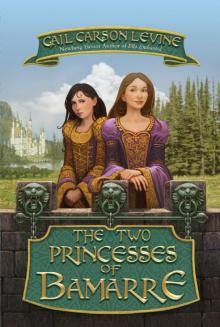 The Two Princesses of Bamarre
The Two Princesses of Bamarre Dave at Night
Dave at Night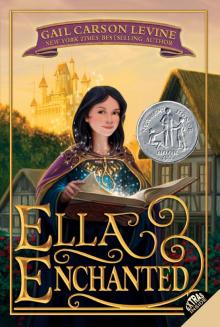 Ella Enchanted
Ella Enchanted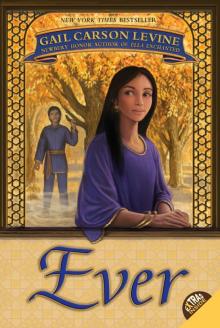 Ever
Ever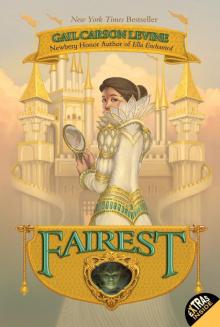 Fairest
Fairest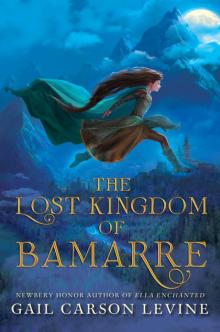 The Lost Kingdom of Bamarre
The Lost Kingdom of Bamarre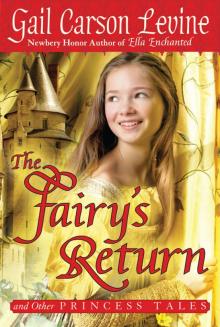 The Fairy's Return and Other Princess Tales
The Fairy's Return and Other Princess Tales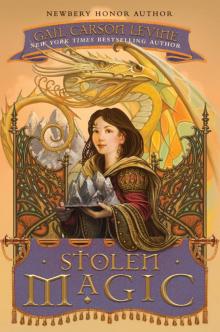 Stolen Magic
Stolen Magic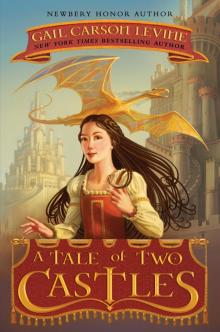 A Tale of Two Castles
A Tale of Two Castles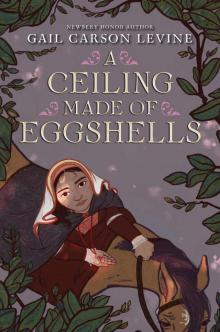 A Ceiling Made of Eggshells
A Ceiling Made of Eggshells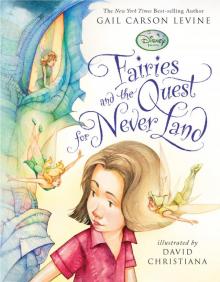 Fairies and the Quest for Never Land
Fairies and the Quest for Never Land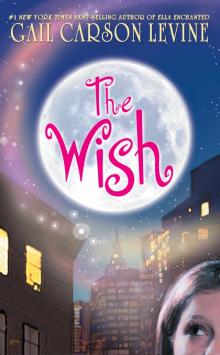 The Wish
The Wish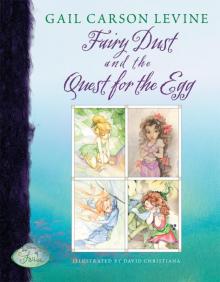 Fairy Dust and the Quest for the Egg
Fairy Dust and the Quest for the Egg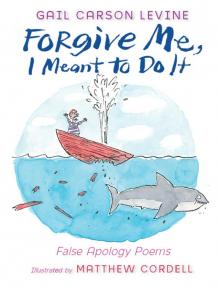 Forgive Me, I Meant to Do It: False Apology Poems
Forgive Me, I Meant to Do It: False Apology Poems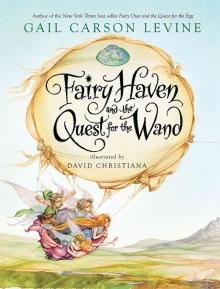 Fairy Haven and the Quest for the Wand
Fairy Haven and the Quest for the Wand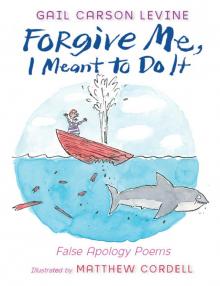 Forgive Me, I Meant to Do It
Forgive Me, I Meant to Do It